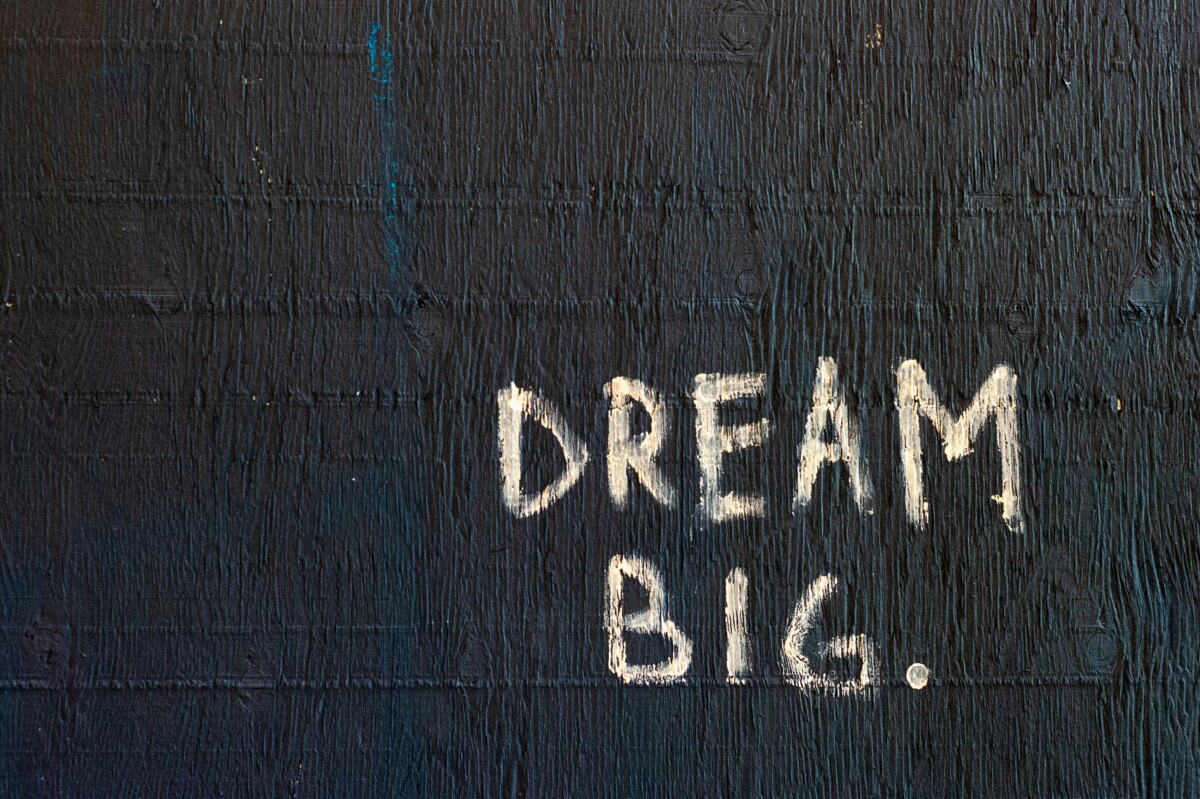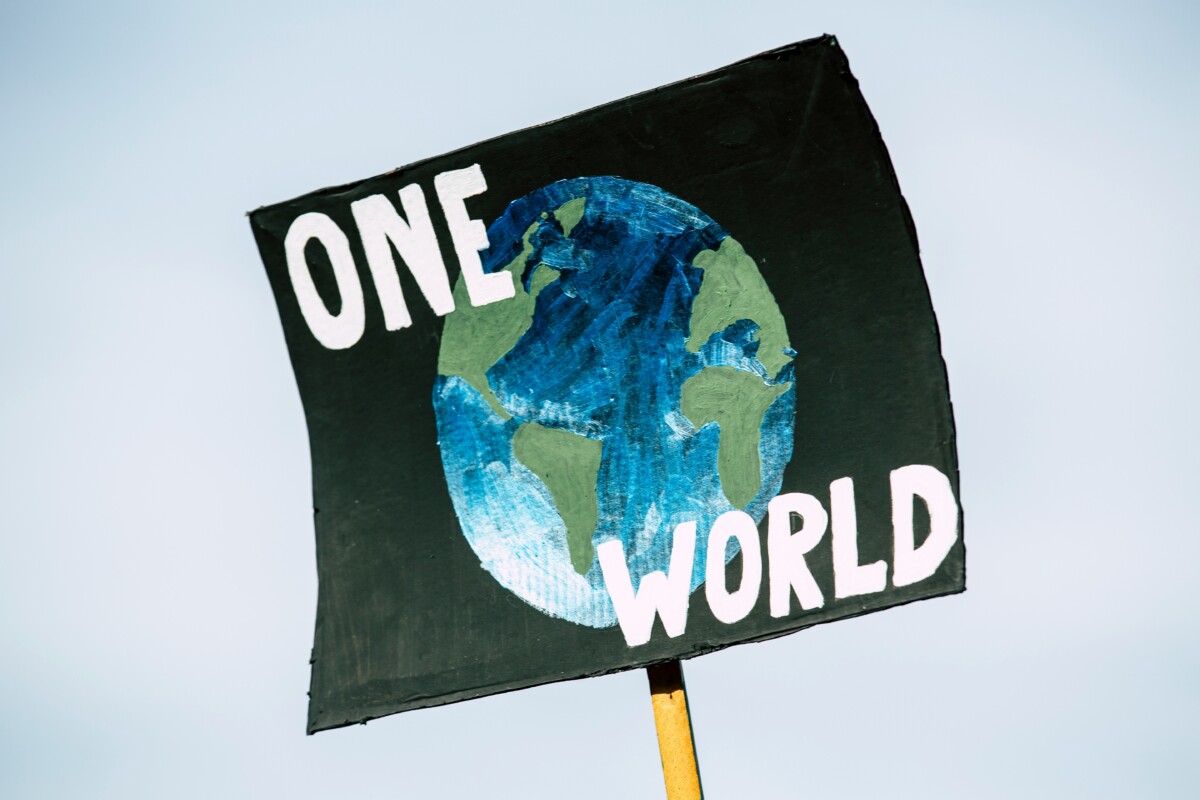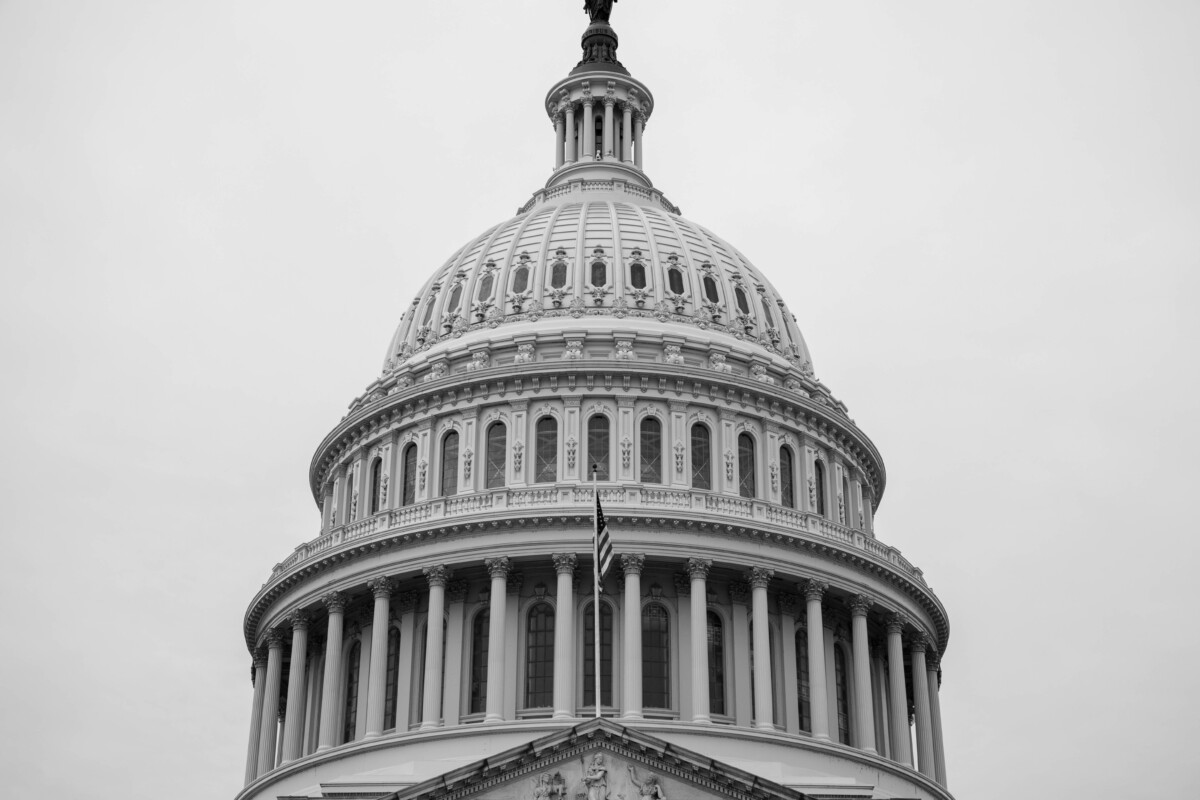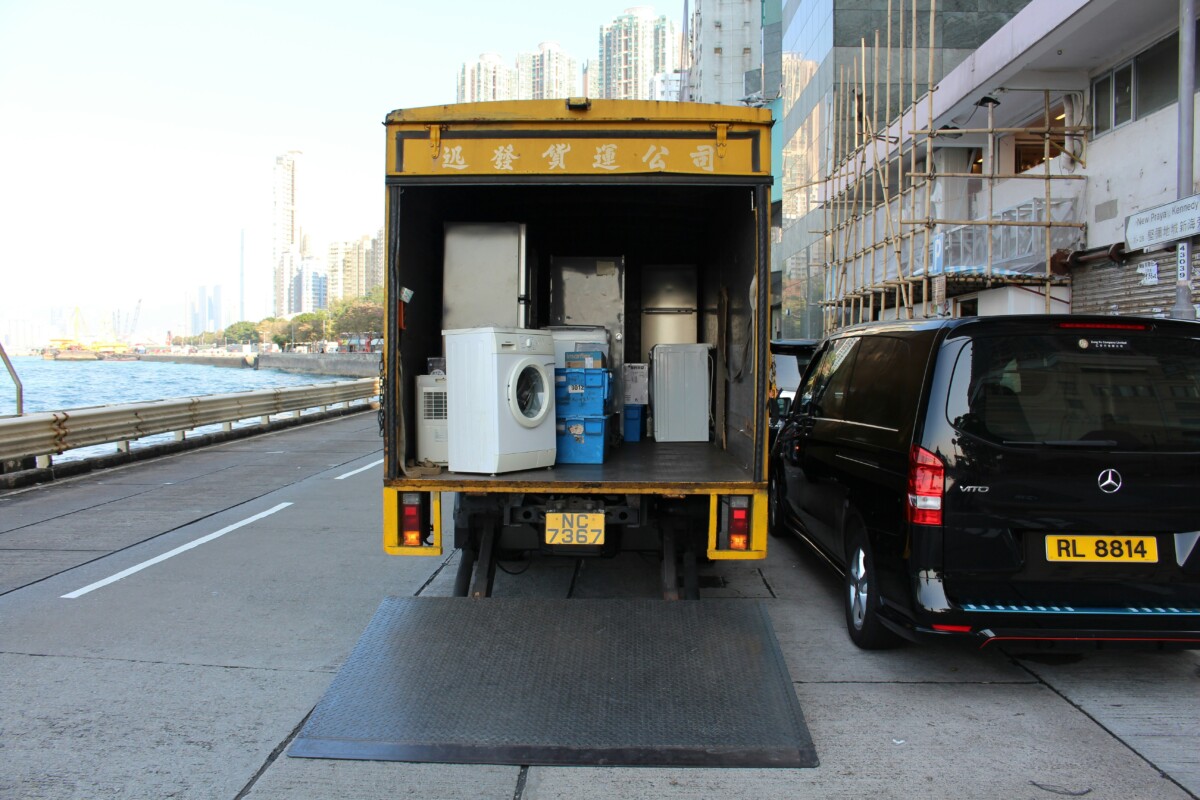Enoughism: Rethinking Growth and Purpose in Business
Listen to the full podcast episode on YouTube, Spotify, and Apple Podcasts.
A New Business Mindset for a Finite Planet
As businesses worldwide scramble to prove their sustainability credentials, Matt challenges the assumption that scaling up is always the goal. Instead, he advocates for a model where impact, purpose, and resilience outweigh unchecked growth.
“For any ecosystem to thrive, it has to have balance. Growth for growth’s sake leads to collapse. We’ve seen it in nature, and we’re seeing it in business.”
This conversation explored the risks of overgrowth, the integrity of sustainability certifications, and why businesses must redefine their purpose beyond profit.

From Creative Chaos to Planet-Centred Design
Matt’s journey into sustainable business was anything but conventional. With no formal design training, he built his career through instinct, experimentation, and a commitment to using creativity for good. His early work with Sky, LEGO, and the Eden Project reinforced a critical insight:
“I wasn’t interested in making money for the sake of it. I wanted to create something that mattered.”
This ethos led to the founding of Leap, a design studio that prioritises sustainability not as a trend, but as the default. In an era where businesses increasingly see sustainability as a box-ticking exercise, Leap was built with purpose at its core—proving that business can be a force for positive change from the outset.
Beyond Profit: When is Growth Too Much?
One of the most compelling insights Matt shared was his challenge to the ‘bigger is better’ mindset. As sustainability-focused companies scale, they often face the same pressures as traditional corporations—profitability, shareholder expectations, and market dominance. This raises a difficult question:
“How big do you actually need to be to deliver your mission effectively?”
The concept of enoughism pushes back against the idea that businesses must continuously scale to succeed. Instead, Matt argues that companies should be introspective about their purpose:
✔ Is expansion genuinely serving the mission, or is it just expected?
✔ Can a business be impactful without growing beyond its optimal size?
✔ What does responsible, sustainable growth actually look like?
In a world facing climate crises, resource depletion, and widening inequality, he believes that businesses must redefine success on their own terms—before external pressures force them to do so.
Can B Corp Keep Its Integrity?
Matt was an early adopter of B Corp certification in the UK, believing in its potential to drive accountability in business. However, as the movement expands—bringing in multinational corporations alongside activist-led businesses—its original intent is being tested.
“B Corp was never meant to be a badge; it’s a framework. But when it becomes a selling point, that’s where issues arise.”
While certification provides a roadmap for better business practices, Matt warns that some companies are using it as a branding tool rather than embedding real change. The true value of B Corp lies not in external validation, but in whether a company genuinely commits to ethical decision-making, regardless of certification.
“If your values aren’t baked into your business from day one, no certification can fix that.”
This highlights a broader tension within ESG movements: How do we scale responsible business without diluting its principles?

The Future of Business: Systemic Change or More of the Same?
A Call to Action: Defining “Enough” in Business
Sponsored by...
truMRK: Communications You Can Trust
👉 Learn how truMRK helps organisations strengthen the credibility of their communications.
Want to be a guest on our show?
Contact Us.
The Responsible Edge Podcast
Queensgate House
48 Queen Street
Exeter
Devon
EX4 3SR
Recognition.
Join 2,500+ professionals.
Exploring how to build trust, lead responsibly, and grow with integrity. Get the latest episodes and exclusive insights direct to your inbox.
© 2025. The Responsible Edge Podcast. All rights reserved.
The Responsible Edge Podcast® is a registered trademark.
Sponsored by truMRK
© 2025. The Responsible Edge Podcast










